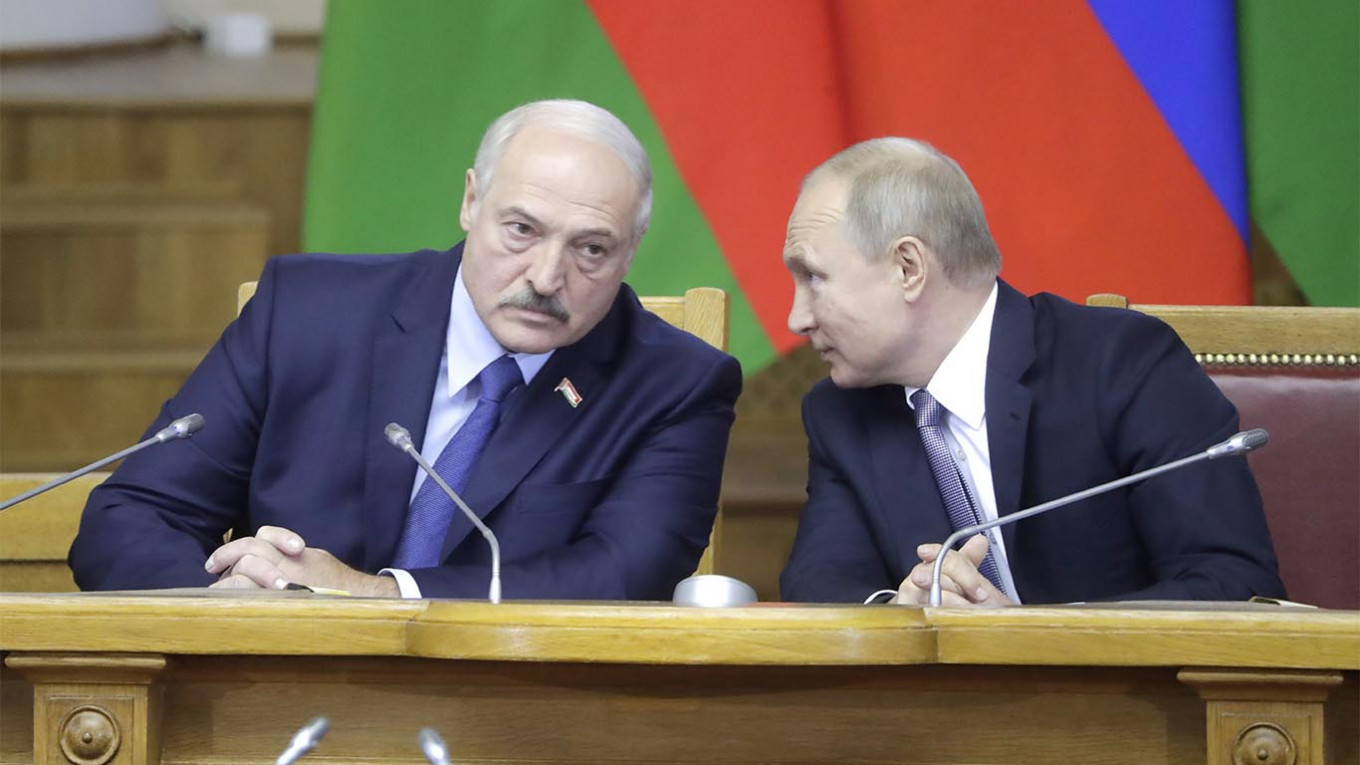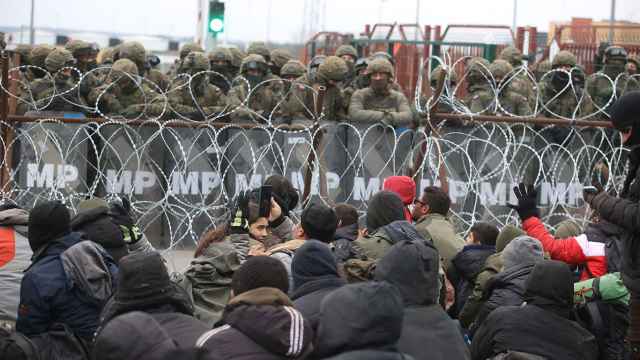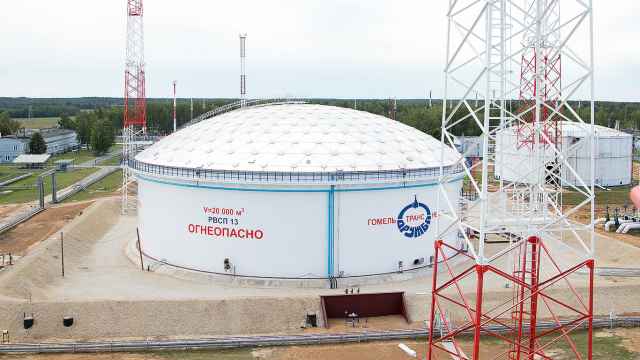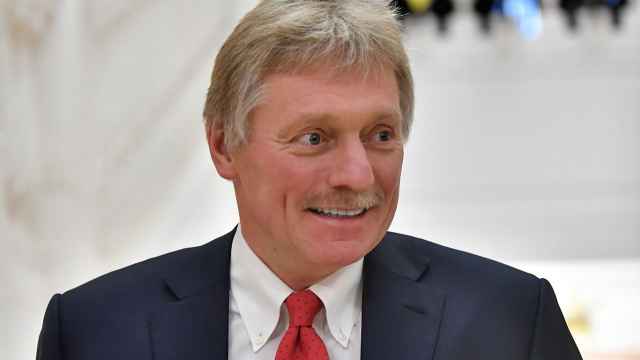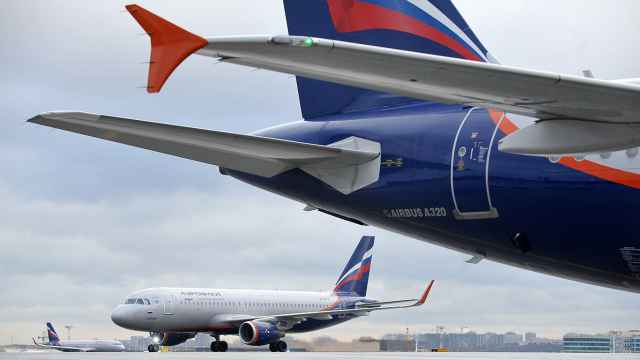Belarus strongman Alexander Lukashenko on Thursday replaced his security chiefs and said progress was being made on plans to bring Moscow and Minsk closer.
Lukashenko, who is under huge pressure from protesters to step down after last month's disputed election, replaced the heads of the KGB security service, the security council and the state control committee.
The reshuffle was announced during the visit of Russian Prime Minister Mikhail Mishustin, who became the most senior Moscow official to make a public visit to Belarus since the political crisis broke out over disputed polls on August 9.
Tens of thousands have taken to the streets for weeks in unprecedented protests against Lukashenko's 26-year rule.
The mustachioed leader has refused to quit and has instead sought support from the Kremlin.
In recent years the Kremlin has pushed for closer economic and political integration between the two ex-Soviet countries but Lukashenko has so far resisted outright unification.
On Thursday, he indicated he might be open to bringing the nations closer.
"We agreed" on issues on which Russia and Belarus "could not agree earlier," Lukashenko told Mishustin, adding that opposition protests were a "lesson" for the two countries.
"This lesson prompted us to make relevant conclusions," he said.
Lukashenko added he planned to "dot all the i's on issues that are very sensitive and delicate for the two states" when he meets Russian President Vladimir Putin in Moscow in the next few weeks.
Mishustin, who arrived with a large delegation in tow, hailed plans to tighten up ties.
"We see progress on many issues," he told Lukashenko, adding their future "union state" will help remove "unnecessary" trade barriers.
Belarus, an ex-Soviet state sandwiched between Russia and the European Union, has for years relied on Moscow for cheap oil and loans.
The two have formed a nominal "union" with close trade and military cooperation but the Kremlin has sought deeper integration.
London-based analyst Mark Galeotti suggested that the reshuffle indicated that the replacement of KGB chief Valery Vakulchik with Ivan Tertel, who until now headed the state control committee, had been done under pressure from Moscow.
"Ex-KGB chief Vakulchik had been a fierce guardian against Moscow penetration," he tweeted, adding Tertel had a better relationship with Russia's FSB security service.
A Message from The Moscow Times:
Dear readers,
We are facing unprecedented challenges. Russia's Prosecutor General's Office has designated The Moscow Times as an "undesirable" organization, criminalizing our work and putting our staff at risk of prosecution. This follows our earlier unjust labeling as a "foreign agent."
These actions are direct attempts to silence independent journalism in Russia. The authorities claim our work "discredits the decisions of the Russian leadership." We see things differently: we strive to provide accurate, unbiased reporting on Russia.
We, the journalists of The Moscow Times, refuse to be silenced. But to continue our work, we need your help.
Your support, no matter how small, makes a world of difference. If you can, please support us monthly starting from just $2. It's quick to set up, and every contribution makes a significant impact.
By supporting The Moscow Times, you're defending open, independent journalism in the face of repression. Thank you for standing with us.
Remind me later.


